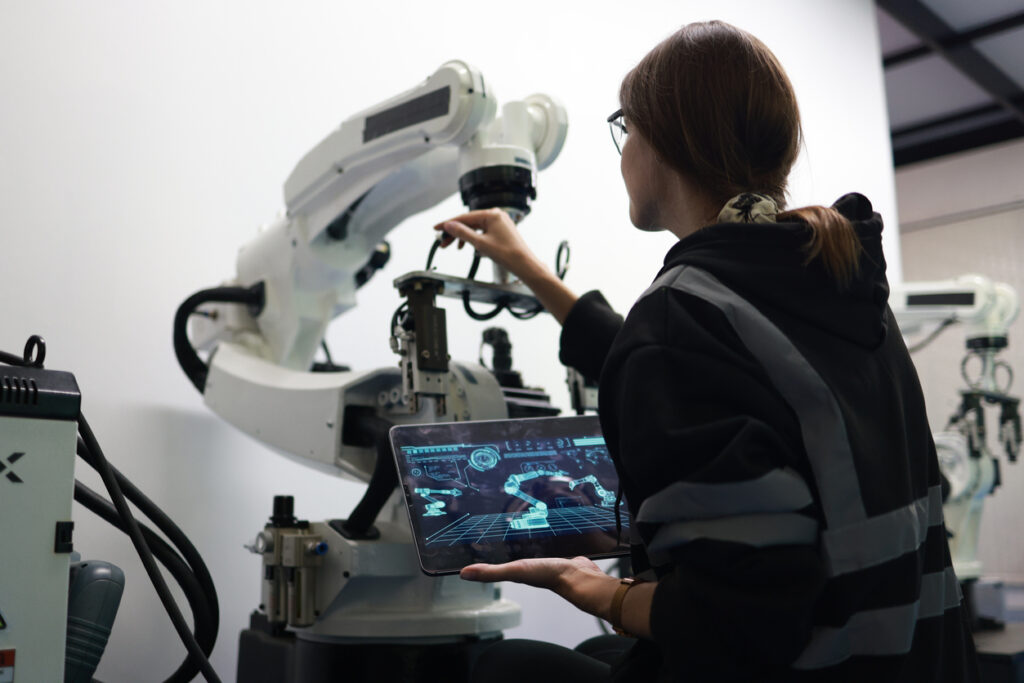Do You Meet the Requirements to Adopt a Child in Indiana?
In 2022, more than 1,900 adoptions were processed through Indiana DCS. If you’re hoping to be one of the happy families included in such a statistic for this year or an upcoming year, you’ll need to know whether you meet the requirements to adopt a child in the state.
While it can be a beautiful, emotional journey for families, adoption is a legal process. It comes with all the paperwork and tedium that are traits of other legal processes. To successfully go through with an adoption, you’ll need to meet eligibility requirements, file the right paperwork, and complete the right classes or training. Faltering in any of these steps can mean failure for the adoption, whether you’re adoption a child outside of your family or dealing with an issue of grandparents’ rights, which is why it’s a good idea to work with an experienced adoption attorney.
How Old Do You Have to Be to Adopt Someone in Indiana?
You must be at least 21 years old to adopt someone in Indiana. Note that individual adoption agencies may have other age-related requirements for prospective parents. For example, some agencies will not work with individuals who are over the age of 50, though there may be exception processes.
Can You Adopt if You Aren’t Married?
Yes, Indiana law doesn’t require that someone be married to adopt a child. Married couples, however, must jointly adopt. The only exception to this is in the case of the adoption of stepchildren, as the biological parent doesn’t need to adopt the children.
However, you should always ask about specific requirements for the agency you want to work with. Private adoption agencies may have requirements above and beyond the law. For example, some agencies do prefer to work with traditionally married couples or require that married couples be married a certain amount of time before adopting.
Do You Have to Be an Indiana Resident?
In most cases, Indiana does require that prospective parents are residents of the state before they can file a petition to adopt a child within the state. Non-residents that want to adopt a child from Indiana must file the paperwork in the state where they reside. The state makes exceptions for what it classifies as “hard-to-place” children.
Can You Adopt if You Have a Criminal Record?
As you’ll see in the section below, a criminal background check is a part of the adoption process. So does that mean you can’t adopt a child if you’ve ever been arrested or convicted of a crime? Not exactly.
To be disqualified on the basis of your criminal history, you usually need to meet one of the following:
- You have any type of crime on your record that relates to a child’s welfare, safety, or health
- You have a felony conviction on your record
- You have more than four misdemeanor convictions on your record
- You have a juvenile conviction on your record that would disqualify you if you were an adult when the crime or conviction happened
Other factors that can disqualify you include:
- You’re on the sex offender registry
- You’ve had any substantiated CPS complaints in the past five years (some exceptions may be possible)
Training, Background Checks, and Home Studies
All parents who want to adopt a child in the state must complete a total of 16 hours of training. The required training includes education on:
- What DCS is and how it works
- The process of licensing for adoption
- How adoption can impact parents and families
- The definitions of child abuse and neglect
- How to recognize signs of child abuse or neglect
- The effects of child abuse and neglect
- How to report abuse and neglect
- The impact of a child’s development on adoption
- Effective strategies for supporting children’s development and managing behavior
- The Indiana Adoption Program
- Community resources for families who have adopted
- Common issues for children in the adoption process and after
You will also need to undergo criminal background checks and other Child Protective Services checks.
A home study is also required, which you have to pay for. You’ll need to complete paperwork online to kick off the process. You’ll be assigned a social worker, who will work with you and others to complete:
- Any additional required background checks that weren’t already done
- Medical screenings
- Financial disclosures
- A visit to the home that includes interviews with all individuals living in the home
You also need to ensure that you complete all application paperwork required for the adoption process. This may be different depending on the agency you are working with.
Get Professional Help With Your Adoption
Adoption is a complex matter that can be fraught with legal concerns. Having an experienced family law attorney on your side throughout the process can reduce your stress and make a positive outcome more likely.
This is true whether you’re dealing with a traditional adoption or seeking to adopt a relative or stepchild. These types of adoptions are somewhat different because there are existing relationships, but they still require home studies and other steps discussed above.
If you’re working through custody or adoption matters, don’t do so alone. Contact the office of Deidra N. Haynes at 463-223-9403 to work with an experienced family law team.















